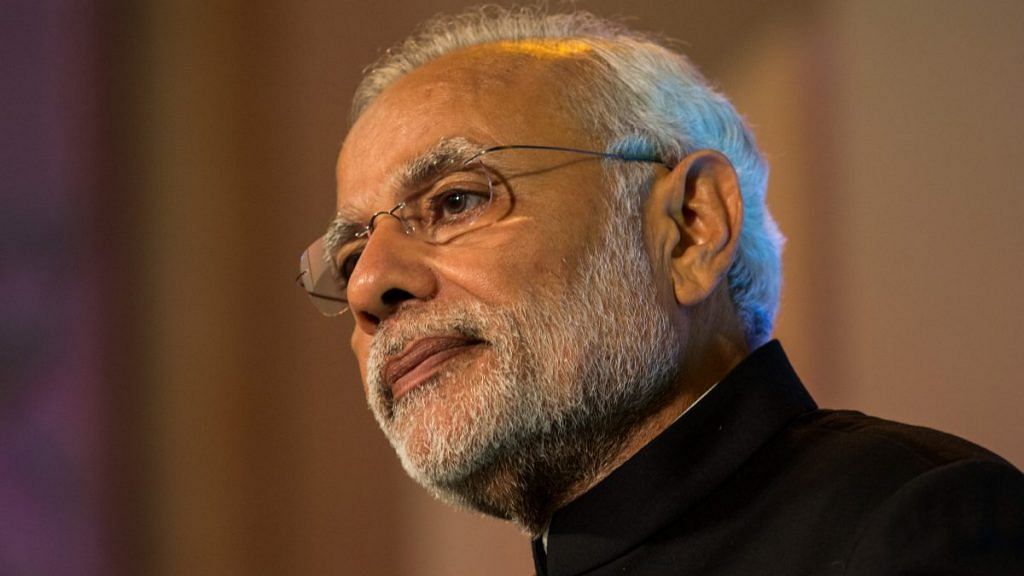The new constitutional amendment suffers from three major legal flaws.
The proposal for a 10 per cent quota for economically weaker sections in the general category has been seen by many as a desperate political gimmick ahead of Lok Sabha elections. It is also a constitutional scandal. The proposal amends Articles 15 and 16 of the Constitution, empowering the state to make reservations for “any economically weaker sections of citizens” in education and public employment. There are three reasons why the proposal is unconstitutional.
First, while India’s reservation jurisprudence does not lend itself to synoptic treatment, one theme appears to have been constant in the Supreme Court’s approach. The court has been remarkably differential and non-interventionist when it comes to beneficiary identification – that is, when it comes to determining who should benefit from reservations – but it has been strict on the upper limit that reservations cannot exceed, namely 50 per cent.
We can debate the 50 per cent ceiling. At one level, any blanket limit like 50 per cent is clearly arbitrary. But the ceiling was a practical way to provide expression to the following idea. Backwardness is a relative concept. Even the second richest person in India is backward as compared to the richest person. Consequently, there needs to be some way to mediate claims regarding backwardness. The 50 per cent limit appealed to a statistical mean. The court’s logic was that it will, by and large, refuse to intervene in the state’s assessment of who should be seen as backward, so long as the assessment does not cross 50 per cent because exceeding that limit would mean that the groups receiving reservations could not, by definition, be backward, if the idea of backwardness was to have meaning.
Also read: For its ‘general category’ quota push in Parliament, BJP fields its upper-caste warriors
There is no doubt that the court could have adopted a different stance. It could have been far more searching in its inquiry of the state’s identification of beneficiaries. The absurdity of the court’s position is that it adopted a near-blind eye to reservations below 50 per cent, as most clearly seen in it permitting OBC reservations and thereby collapsing all differences between OBCs and SC/STs, and reducing the historical and sociological specificity of SC/STs. But even under the wide powers that the court gifted to the state, there was no room for reservations in excess of 50 per cent.
Second, even moving beyond the argument pertaining to the statistical mean, the Supreme Court has held that backwardness must incorporate both social and economic criteria. The use of only economic criterion, it has held, cannot fulfil the requirements of backwardness essential to satisfy the overall equality guarantee under Article 14 of the Constitution. The Supreme Court has adopted a rather flexible reading of the Constitution’s equality provision, but it has maintained a consistent stance on the test that should be used for determining beneficiaries (even if it has hardly scrutinised whether specific beneficiaries like OBCs meet that test).
Third, the proposed provisions inserted by the constitutional amendment begin with non-obstante clauses (“Nothing in this article … shall prevent the State from making …”) allowing the state to depart from the requirements in the other sub-clauses in Articles 15 and 16, with reference to education and public employment respectively. But the interesting issue here is that other sub-clauses in Articles 15 and 16 that enable reservations also begin with a similar non-obstante clause. As a result, the bizarre feature of Articles 15 and 16 is that by providing different forms and kinds of reservations for different groups, which cannot all be explained under the same logic and cannot all be explained with reference to the other, Articles 15 and 16 now contain provisions that are inconsistent.
Also read: Modi’s job quota promise for upper castes shows he means Sabka Saath, Sabka Vikas
This kind of inconsistency must result in the constitutional amendment being in violation of the basic structure doctrine, for the Constitution clearly cannot be amended to contain a set of provisions that cannot co-exist. A contradictory Constitution might be the simplest and most egregious kind of way in which aConstitution can lose its character. Here the problem is not that only the Constitution does not appeal to certain overarching principles, such as the rule of law or equality or separation of powers, as has been seen in several basic structure cases. Here the problem is far more elementary. Regardless of what the provisions of Articles 15 and 16 say, they do not say things that can all be true at once. They now specify clashing and opposing rules for reservations.
Over the past several years, the court’s approach to reservation has been far more submissive than required. In situations like OBC reservations, it has allowed itself to be swept away by the political force behind amendments rather than the demands of interpretation and principle. If the Indian Constitution is to mean anything at all, the judiciary must respond to the present proposal with a strong declaration of unconstitutionality.
Madhav Khosla, co-editor of the Oxford Handbook of the Indian Constitution, is a junior fellow at the Harvard Society of Fellows.
